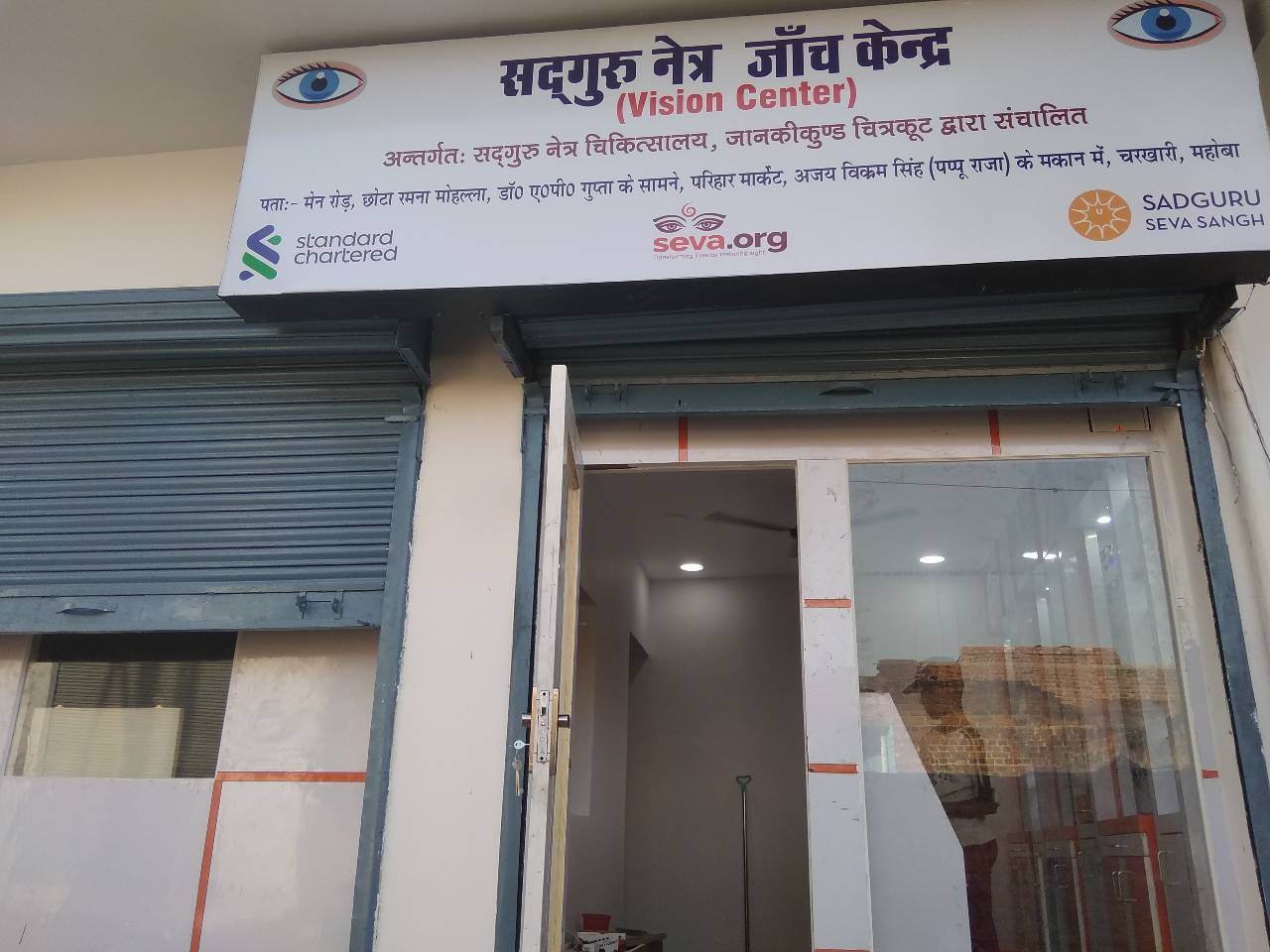Establish 65 new vision centres across nine states by December 2024
Chennai, NFAPost: Standard Chartered Bank, India and Seva Foundation have partnered to create critical access to eye care for four million people in underserved communities in India through a new initiative – Envision.
The two organisations along with partner hospitals will establish 65 new vision centres across nine states in India – Gujarat, Karnataka, Madhya Pradesh, Maharashtra, Odisha, Tamil Nadu, Uttar Pradesh, Telangana and West Bengal.
Under Envision, vision centres will be established in areas that do not have access to eye care, extending the country’s ability to deliver universal eye health coverage. These new vision centres will be set up by 15 leading eye care providers by December 2024 and will collectively provide 400,000 eye exams, 67,000 glasses, and conduct 16,000 eye surgeries.
Vision centres are local, permanent establishments that provide access to eye care services to underserved communities, including women and children. They are equipped to meet 80% of all eye care needs and can refer patients to nearby hospitals for complex cases. The staff at these centres is recruited and trained locally, thereby generating employment opportunities.
Standard Chartered Bank, India, Sustainablity Head Karuna Bhatia said with the bank’s collaboration with Seva Foundation Standard Chartered Bank endeavours to provide critical eye care to people who would not have easy access and not be able to afford this treatment.
“Through Envision, we will establish infrastructure and systems to help us in realising our vision under the Bank’s ‘Seeing is Believing’ initiative of tackling avoidable blindness and making eye health facilities accessible to more communities across the country. So far under our Seeing is Believing programme, the Bank has reached 14 million people in India, conducted 2.58 million cataract surgeries through our existing network of 265 vision centres across 22 states,” said Standard Chartered Bank, India, Sustainablity Head Karuna Bhatia.
Seva Foundation Programmes Manager for India & Bangladesh Kuldeep Singh said this initiative highlights the Seva Foundation’s commitment to build and strengthen the primary care delivery model at grassroots level in the country.
“India has an estimated 270 million people with vision loss and 80% of them can be treated at primary eye care vision centres. Poor eye health imposes a non-trivial recurring cost to the Indian economy equivalent to 0.57% of GDP (INR 1,158 billion), a substantial constraint on the country’s growth aspirations,” said Seva Foundation Programmes Manager for India & Bangladesh Kuldeep Singh.
About Standard Chartered
Standard Chartered Bank has been operating in India for over 160 years and has a network of 100 branches in 42 cities. Key business segments include Corporate, Commercial and Institutional Banking and Consumer, Private and Business Banking.
Globally, we are a leading international banking group, with a presence in 59 of the world’s most dynamic markets and serving clients in a further 83. Our purpose is to drive commerce and prosperity through our unique diversity, and our heritage and values are expressed in our brand promise, here for good.
Standard Chartered PLC is listed on the London and Hong Kong Stock Exchanges.
About Seva Foundation
Seva is a global non-profit eye care organisation that transforms lives by restoring sight and preventing blindness. Our programs have been instrumental in making eye care available to those who can’t afford it. Over the past 44 years, we have provided vital eye care services to more than 46 million people in the world, including 2.8 million people in the last year alone.
The organisation’s drivers of success include – self-sustaining vision centres, comprehensive eye care for children, technology to address eye care issues, and training & job creation to create a sustainable pipeline of eye care professionals.
Since 1978, Seva Foundation has partnered with hospitals in India to expand access to eye care through sustainable programs that include screenings in remote communities, provision of free or affordable eye care services, training and job creation, investment in technology and comprehensive eye care programs for children.





